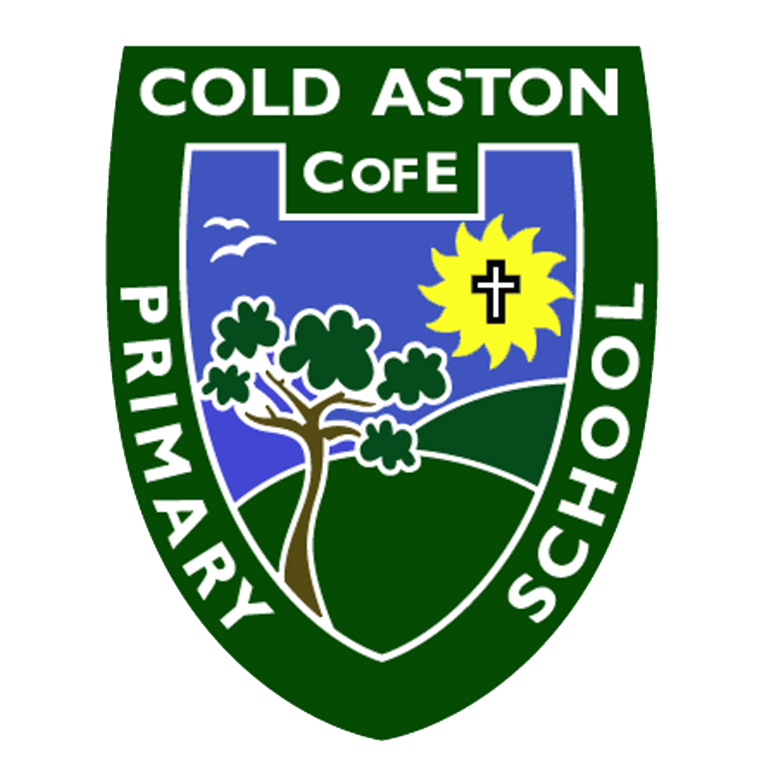
Curriculum
Children are rooted at the heart of our family school community, where all are nurtured on their journey, nourished with faith and trust. Our exceptional setting inspires learners to explore, discover and be resilient while flourishing on their own path as world citizens.
Our curriculum aims to develop our pupils by providing:
A curriculum that develops every child’s ability to care, respect and nurture themselves, others and the world in which they live. Inspiring our learners to explore and discover along their journey. Our curriculum is underpinned by our vision and school values.
Resilience- A curriculum that encourages and provides a range of opportunities, designed to develop a child's sense of what is possible for them, developing resilience in all that they do.
Respect- A curriculum that ensure that every child feels valued and knows how to show respect to others and the world around them.
Responsible- A curriculum that ensures all children have the skills, knowledge and crucially, the attitude to be responsible in all aspects of their lives and to embrace the ‘ows, wows, and nows’ that life presents.
We follow a broad and balanced curriculum that is rigourous, coherent, sequential, progressive, engaging and fun. All our pupils have access to the full 2014 National Curriculum, scaffolds for support are offered to take into account individual learning needs. All class teachers are responsible for providing a curriculum that is suitable for all pupils in the class, including those with Special Educational Needs or Disabilities (SEND) with support from the SENDCO. We have high expectations for all pupils and are committed to ensuring our curriculum complies with the Equality Act 2010 and the Special Educational Needs and Disability Regulations 2014. Additional information on this can be found in our Special Educational Needs Information Report and SEND Policy
We use an enquiry based approach to deliver the statutory skills and knowledge of the National Curriculum. Putting questioning at the heart of the schools’ ethos and culture helps our children to be engaged in their learning, deepen their thinking and empowering them to become lifelong learners who are well prepared for secondary school and their future lives, careers and contributions in our society.
Learning is characterised by the following elements:
The starting point for learning is an age-appropriate questions, to promote deep thinking and reflection.
Children are taught the skills of, and have opportunities to: research evidence to answer questions, explain their findings and formulate arguments and justifications.
Children are taught the skills of, and have opportunities to: collaborate with other children to share ideas and skills, and extend their thinking.
Children develop the skills of demonstrating or explaining concepts orally, concretely, visually and abstractly.
Children have the chance to revisit their leaning, develop their ideas and then apply their knowledge to a different context.



